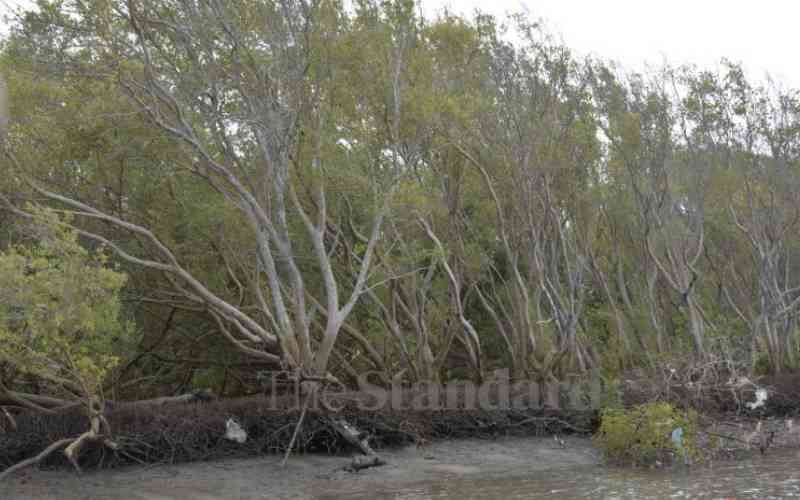
It is highly likely that the term “ecosystem” lacks its equivalent in a majority of local languages.
Defined as a structural and functional unit of ecology where the living organisms interact with each other and the surrounding environment - this could simply be visualized as forests that clean the air we breathe and give us wood and medicinal plants, soil and cropland where we grow our food, grazing fields where we graze our livestock, wetlands that provide us with fish and building materials and filter our water while cushioning our coastlines from strong waves, and the habitats that harbour our wildlife.